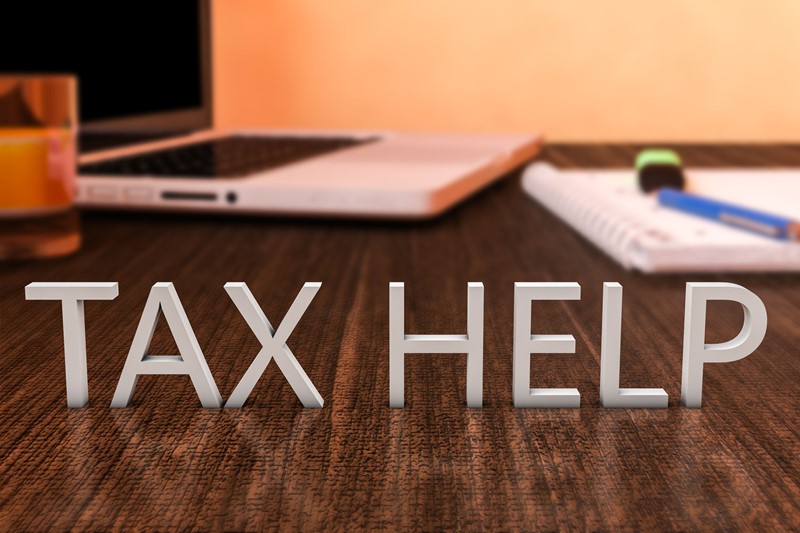Helpline delays at HMRC

HMRC’s self-assessment (SA) helpline will focus on priority queries from 11 December until 31 January. Whilst the helpline is focusing on priority calls in the run-up to the filing deadline, other
Help to pay your tax next month

If you are having trouble paying your tax on time you may be eligible to receive support from HMRC by applying for an instalment payment plan. An online payment plan for Self-assessment tax bills can
Rent-a-room relief

The rent-a-room scheme is a set of special rules designed to help homeowners who rent-a-room in their home. If you are using this scheme, you should ensure that rents received from lodgers during the
Pensioner Cost of Living Payment

The Cost of Living support package has been designed to help over 8 million households in receipt of mean tested benefits. The details for Cost of Living Payments due in the 2023-24 tax year were
Income Tax – £5,000 savings zero rate band

If you have taxable income of less than £17,570 in 2023-24 tax year you will have no tax to pay on interest received. This figure is calculated by adding the £5,000 starting rate limit for savings
The badges of trade

The ‘badges of trade’ tests, whilst not conclusive, are used by HMRC to help determine whether an activity is a proper economic trade / business activity or merely a money-making by-product of a
Time to Pay tax

If you are having trouble paying your tax on time you may be eligible to receive support from HMRC. An online payment plan for Self-Assessment tax bills can be used to set up instalment arrangements
Marriage allowance entitlement

The marriage allowance applies to married couples and those in a civil partnership where a spouse or civil partner does not pay tax or pay tax above the basic rate threshold for Income Tax (i.e., one
Closing the door on tax planning

When the end of a tax year passes, the 5 April 2024 for the current year, or the end of an accounting year if a company, any opportunity to take advantage of tax planning strategies closes.
For
Countdown to Self-Assessment filing deadline

There are now less than 100 days to file your 2022-23 Self-Assessment tax return online. The deadline is 31 January 2024. The deadline for paper returns ended on 31 October 2023.
You should also be


